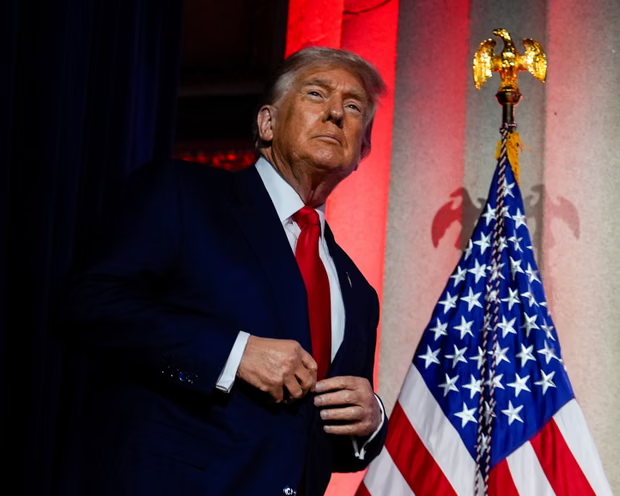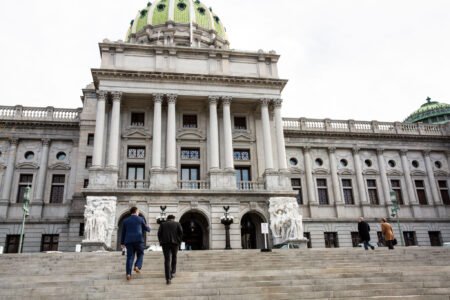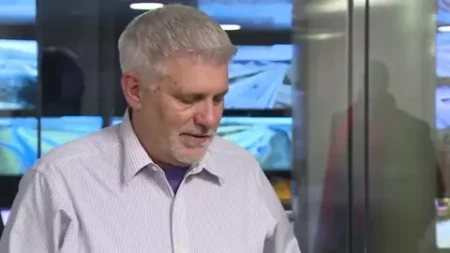The Trump administration has welcomed Australia’s decision to lift a long-standing ban on American beef, calling it a major trade win. However, Australian officials say the move is based on science, not politics.
The announcement came on Thursday, when Agriculture Minister Julie Collins confirmed that beef from the United States would now be allowed into the Australian market. The ban had been in place since 2019 due to concerns over animal diseases linked to beef processed in the US.
Although US beef has not technically been banned from Australia since 2019, health concerns blocked imports of meat processed in the US but originally sourced from countries like Canada and Mexico. This made it nearly impossible for any American beef to enter Australia.
The decision follows a decade-long scientific review that found US beef posed no threat to Australia’s strict biosecurity standards. Collins stressed that lifting the ban would not weaken Australia’s strong protection rules.
“We have taken a science-based approach. Our review confirms that US beef can enter our market safely,” Collins said, adding that the safety of Australian farms remains a top priority.
Despite this, the US agriculture secretary, Brooke Rollins, celebrated the announcement by praising former President Donald Trump. She called the removal of the trade barrier a “major breakthrough” and labeled Australia’s previous restrictions “absurd.”
“It’s absurd that non-scientific trade barriers prevented our beef from being sold to consumers in Australia for the last 20 years. Gone are the days of putting American farmers on the sidelines,” Rollins said in a statement.
The Albanese government has rejected claims that the decision had anything to do with Trump’s trade policies. The United States still applies a 10% tariff on Australian aluminum, and Canberra has been lobbying Washington for relief from those duties.
Officials in Canberra say there is no link between the beef decision and any trade deal, tariff talks, or political pressure. Instead, they emphasized that Australian biosecurity laws remain firm and unchanged.
However, the timing of the announcement has sparked political debate. Nationals leader David Littleproud said his party would wait for more details before commenting fully. But he hinted at concerns that the government may have given in to pressure from Washington.
“We will reserve judgment until we receive a full briefing,” Littleproud said. “But we must make sure that decisions like this are made in Australia’s best interest, not to appease Donald Trump.”
Trade experts say the decision could open the door to more food imports from the US in the future. But some groups worry this could also increase risks to Australia’s agriculture sector if strict safety rules are not enforced.
Australia is known for having some of the toughest biosecurity laws in the world. These laws protect the country’s farms, animals, and environment from diseases that could hurt crops or livestock.
The Albanese government insists that these rules have not been weakened. Officials say US beef will still go through health checks and safety controls before reaching Australian shelves.
For American farmers, the move is a welcome boost. The US beef industry has been eager to tap into Australia’s market, where demand for high-quality meat is strong.
Trump administration officials had repeatedly pushed for the ban to be lifted, calling it unfair and unsupported by science. The announcement is now being used as evidence of Trump’s success in trade negotiations.
As the debate continues, both sides agree on one point: the importance of making decisions based on science and facts. Australia’s decision to lift the US beef ban may be a step forward in trade, but it also highlights how sensitive food safety and politics can be.







